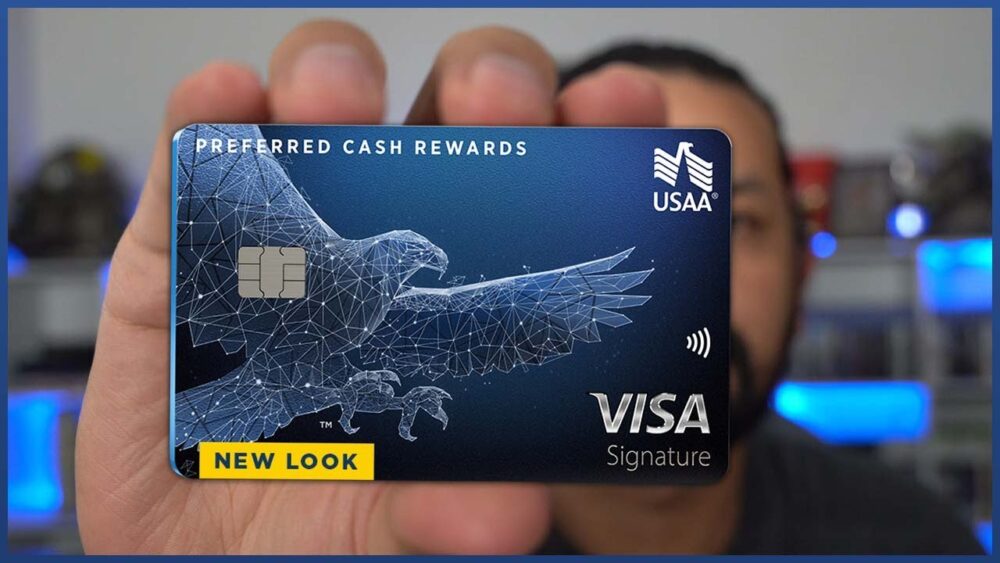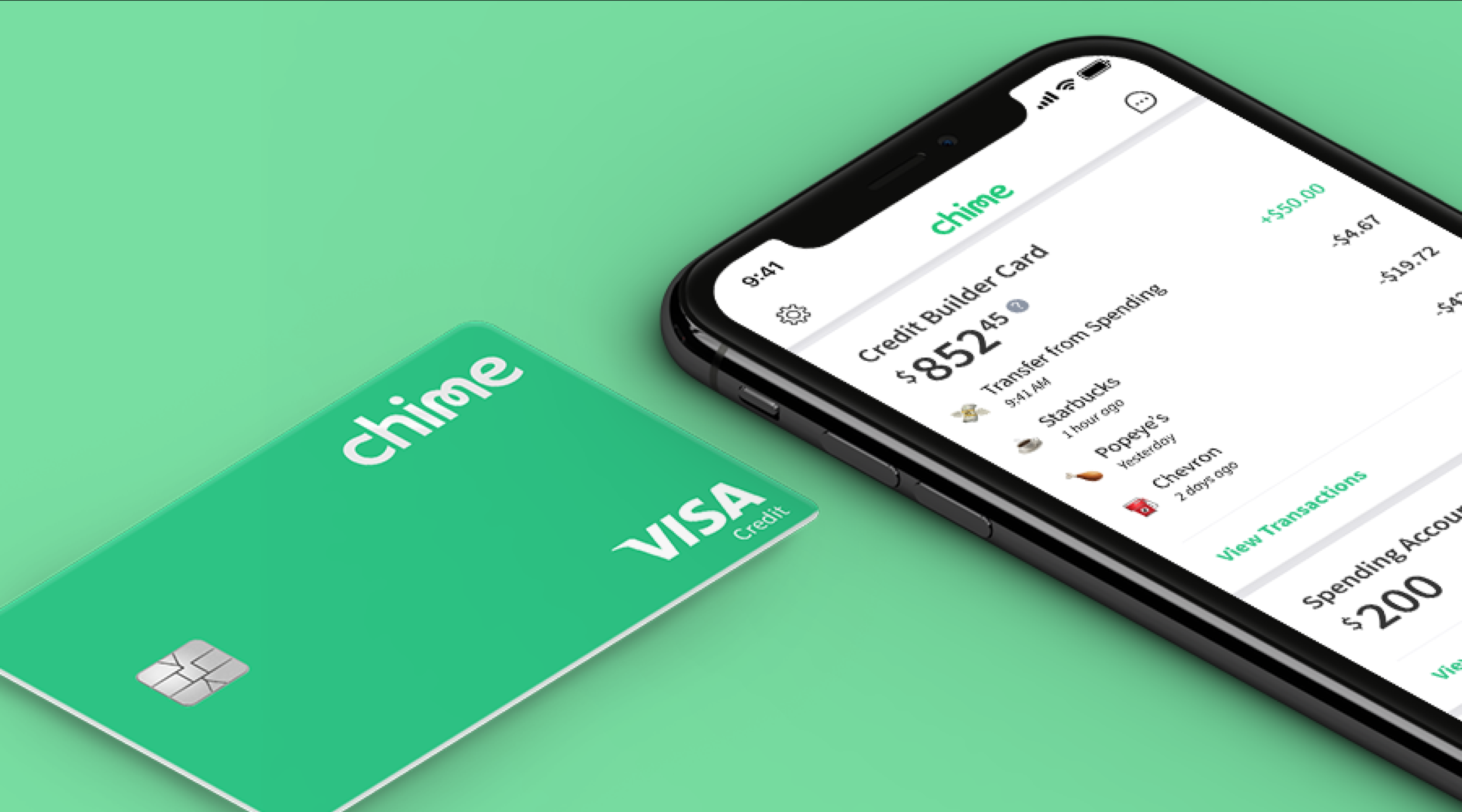How Credit Cards Can Help in Financial Emergencies: Tips and Considerations

The Role of Credit Cards in Financial Emergencies
Life is often filled with unexpected challenges, and financial emergencies can emerge without warning, leaving us feeling vulnerable and uncertain. In these moments, credit cards can be a lifeline, providing quick access to necessary funds when traditional savings may not be available. However, it’s vital to wield this financial tool with care and intention, ensuring that it contributes positively to your financial journey rather than leading you toward overwhelming debt.
Common Emergency Situations
Consider the myriad scenarios where a credit card can truly revolutionize your ability to respond effectively:
- Medical situations: Imagine waking up in the middle of the night with a severe pain. Emergency room visits can result in significant medical bills that are sometimes unavoidable. In these circumstances, having a credit card can give you peace of mind by covering the immediate healthcare costs, allowing you to focus on your recovery rather than stressing about the expenses.
- Car repairs: Your car breaking down unexpectedly can throw a wrench into your daily routine. Whether it’s a flat tire or a more complex engine issue, timely repairs are crucial for maintaining your mobility. Credit cards enable you to address these repairs swiftly, getting you back on the road without the need to wait for your budget to catch up.
- Home emergencies: Homeownership comes with its set of challenges, including unexpected plumbing leaks or electrical failures. Such emergencies often require immediate attention to prevent further damage. Utilizing a credit card in these situations can be a convenient solution, ensuring that your home remains safe and functional.
Understanding Credit Card Features
While the benefits of credit cards can be significant, it’s equally important to comprehend their features thoroughly:
- Credit limits: Each credit card comes with a designated limit, which dictates how much you can borrow. Being aware of this limit helps to prevent overspending and falling into a cycle of debt that can be hard to escape.
- Interest rates: Understanding how interest rates work is essential. High-interest rates can quickly turn a manageable amount of debt into an insurmountable burden. Opting for a card with a lower interest rate or, if possible, paying off your balance in full each month can dramatically reduce the long-term costs of borrowing.
- Rewards programs: Some credit cards come with rewards for emergency-related purchases, such as cash back on unexpected costs or travel points for doctor visits. Leveraging these rewards can not only ease immediate financial strains but can also contribute to future savings.
Making Informed Decisions
In the face of life’s inevitable uncertainties, treating credit cards with the respect they deserve is imperative. It’s not merely about having a backup plan; it’s about actively making informed financial decisions that align with your long-term goals. By understanding how to use credit wisely, you can cultivate a more secure financial future, one that empowers you rather than confines you.
Embrace the benefits of credit cards judiciously. By maintaining control and making thoughtful spending choices, you can navigate life’s complexities more confidently, safeguarding your financial wellbeing against whatever challenges come your way.
DISCOVER MORE: Click here to learn how to make money with affiliate marketing
Unlocking the Benefits of Credit Cards
In times of financial distress, credit cards can serve as a critical resource, providing a safety net when life throws curveballs your way. However, it’s not just about having a credit card on hand; it’s about understanding how to use it effectively to enhance your financial resilience. By educating yourself on the features and capabilities of credit cards, you can transform what might initially seem like a burden into a powerful tool for navigating financial emergencies.
Leveraging Credit Cards Wisely
To maximize the benefits of credit cards during emergencies, consider the following strategies:
- Create a financial plan: Although emergencies can be unpredictable, having a rough financial plan in place allows you to react more decisively. Knowing your credit limit and what you can reasonably afford to pay off each month will help you use your card efficiently. Set a budget that includes potential emergency expenses and determine how much of your credit line you can utilize without jeopardizing your long-term financial goals.
- Maintain a strong credit score: A healthy credit score is your ally when navigating financial emergencies. A higher score not only grants access to cards with better terms, such as lower interest rates and higher limits, but it also enhances your financial stability. Regularly monitor your credit report and make payments on time to ensure you’re prepared should an emergency arise.
- Utilize available promotional offers: Many credit cards offer 0% APR introductory periods or promotional rates for balance transfers. During an emergency, using these offers to finance unexpected expenses can save you a significant amount in interest, allowing you to focus on recovery rather than the burden of debt. Always read the fine print to understand how long the promotional rates last and what the terms are for reversion to standard rates.
When to Rely on Credit Cards
Credit cards can be your best friend in emergencies, but knowing when to lean on them is paramount to maintaining financial health. Use your credit card for emergencies when:
- The situation requires immediate payment: Whether it’s an urgent medical procedure or essential car repairs, delaying payment could lead to more significant problems down the line.
- Other funding options are limited: If you don’t have enough savings to cover the costs, credit cards provide a viable alternative to high-interest loans or pawning assets, enabling you to address the issue head-on.
- You have a plan to pay it back: Before swiping your card, ensure you have a strategy for repayment. This approach keeps your debt manageable and prevents you from falling into a spiraling cycle of high-interest payments.
Incorporating credit cards into your financial strategy doesn’t have to be a daunting task. Instead, by understanding the pros and cons, making informed decisions, and having a plan in place, you can confidently face any financial emergency that life may throw at you. Ultimately, credit cards can empower you, allowing you to face challenges with resilience and clarity.
DISCOVER MORE: Click here to learn how to create effective lead magnets
Navigating the Risks of Credit Card Use
While credit cards can be invaluable during financial emergencies, it’s crucial to recognize and navigate their inherent risks. Mismanagement can lead to overwhelming debt, so staying informed and vigilant is essential. By understanding how to maintain a balanced approach, you can maximize the benefits of credit cards while minimizing potential pitfalls.
Be Mindful of Interest Rates
Credit cards often come with high-interest rates, which can accumulate quickly if balances are not paid in full. It’s important to understand the interest rates associated with your card and how they can affect your long-term financial situation. If you find yourself relying on your credit card frequently for emergencies, consider looking into cards with lower interest rates or cash back options. This can make a significant difference when it comes time to repay the debt, as it curtails the amount of interest accumulated, allowing you to focus on rebuilding your finances.
Know Your Credit Card Rights
In the United States, credit card holders benefit from certain rights and protections. Familiarize yourself with the Credit Card Accountability, Responsibility, and Disclosure Act (CARD Act), which mandates transparent disclosure of fees and interest rates. This knowledge can empower you to make informed choices and defend against potential unfair practices by creditors. For instance, if you experience a sudden financial hardship that impacts your ability to make payments, reach out to your credit card issuer to discuss options. Many companies offer hardship programs that can temporarily reduce payments or interest rates.
Use Balance Transfers Wisely
Many credit cards allow for balance transfers, which can be a lifeline when faced with high-interest debt. Consider transferring balances from cards with higher rates to one that offers a promotional 0% APR for a limited time. This approach can provide you with a breather, allowing you to pay down debt without accruing additional interest. However, keep in mind that there can be fees associated with balance transfers, and it’s vital to understand when the promotional period ends so you can plan your repayments accordingly.
Avoid Impulse Spending
In the heat of a financial crisis, it’s easy to succumb to impulse spending, particularly if your credit card is readily available. However, taking a moment to evaluate your needs versus wants can save you from further financial strain. A budgeting strategy can help you distinguish between essential expenses and unnecessary purchases. During an emergency, prioritize situations that require immediate attention and defer less critical expenses until you regain a stable footing.
Seek Financial Education Resources
Empowering yourself through financial education is one of the best ways to harness the benefits of credit cards responsibly. Numerous resources, including workshops and online courses, are at your disposal to help enhance your financial literacy. Websites, community programs, and even local libraries often provide valuable insights into budgeting, managing debt, and understanding credit scores. By investing time in learning about personal finance, you not only equip yourself with essential tools for future emergencies but also foster a sense of confidence in your financial decision-making.
By taking a thoughtful, informed approach towards credit card use during emergencies, you can effectively cultivate a safety net that enhances your financial resilience. Remember, the goal is to leverage credit cards as a tool for recovery, ensuring that you navigate through challenges with strength and assurance.
DISCOVER MORE: Click here to learn about developing a growth mindset
Conclusion
In times of financial uncertainty, credit cards can serve as a valuable lifeline, offering immediate access to funds when unexpected expenses arise. However, it is essential to approach their use with caution and knowledge. By understanding your credit terms, exploring options for lower interest rates, and utilizing balance transfers wisely, you can significantly reduce financial strain and avoid falling into a cycle of debt.
Furthermore, being aware of your rights as a credit card holder allows you to navigate challenges more effectively, ensuring that you’re not taken advantage of during your time of need. With the ability to manage impulsive spending through careful budgeting, you put yourself in a better position to use credit cards responsibly and solely for necessary emergencies.
Ultimately, investing in your financial education is a transformative step that empowers you to make informed decisions. Whether it’s through local resources or online programs, knowledge is the key to enhancing your financial well-being. Every lesson learned paves the way for better choices, fostering a sense of confidence and control over your financial destiny.
As you explore how to utilize credit cards during emergencies, remember that with mindful planning and informed actions, you can turn potential hardships into opportunities for growth. With each step, you build a more resilient financial future, ready to face whatever challenges lie ahead.



